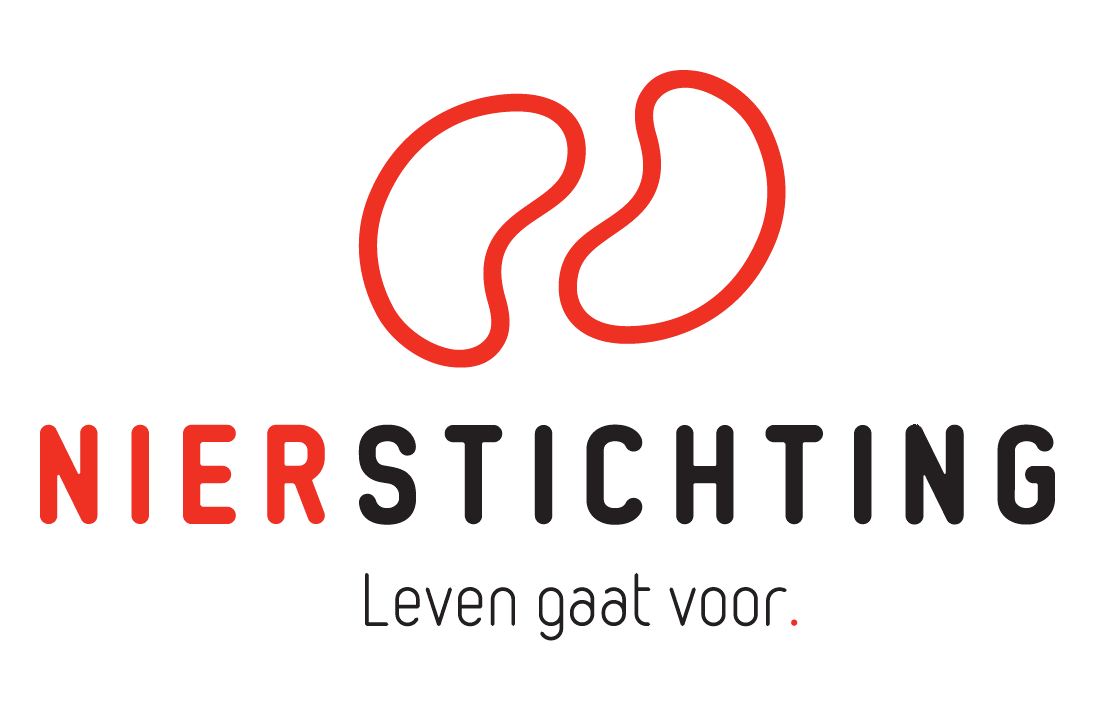(GANDALF-study) Geriatric Anti-doNor T cell activity and Development of Alloreactive Long-term hypo-responsive T cell Function
Project summary
After kidney transplantation, it is necessary to inhibit the immune system of the recipient with immune suppressant drugs (immunosuppressants) to prevent rejection of the transplanted kidney. These drugs are very effective, but have sometimes severe side effects. Therefore, when dosing immunosuppressants, it is important to find the right balance between the risk of rejection and the risk of side effects.
The risk of rejection is greatest in the first year in particular, but this is gradually decreasing thereafter. After 3-5 years there is rarely an acute rejection. This is highly dependent on the age of the recipient – the older recipient not only has a smaller chance of rejection, but also acute rejection is rare within 3 years. The underlying mechanism for the decreased risk of rejection is known as donor-specific hyporesponsiveness (DSH). The advantage of DSH is that fewer immunosuppressants need to be given. In practice this is done to a limited extent and without a clear guideline, because there is currently no test that works well to determine whether the DSH is so strongly developed that the dose of immunosuppressants can be safely reduced.
From previous studies it is known that T cells play a major role in DSH. In this study it will be investigated how T cells exhibit donor-specific hyporesponsiveness (DSH) can be recognized by means of biomarkers and how T cells are functionally limited in the longer term after kidney transplantation.
Impact
The ultimate goal is to improve personalized treatment with immunosuppressants.
More detailed information
Principal Investigator:
Role Erasmus MC:
Coordinator
Department:
Project website:
Funding Agency:
Nierstichting



